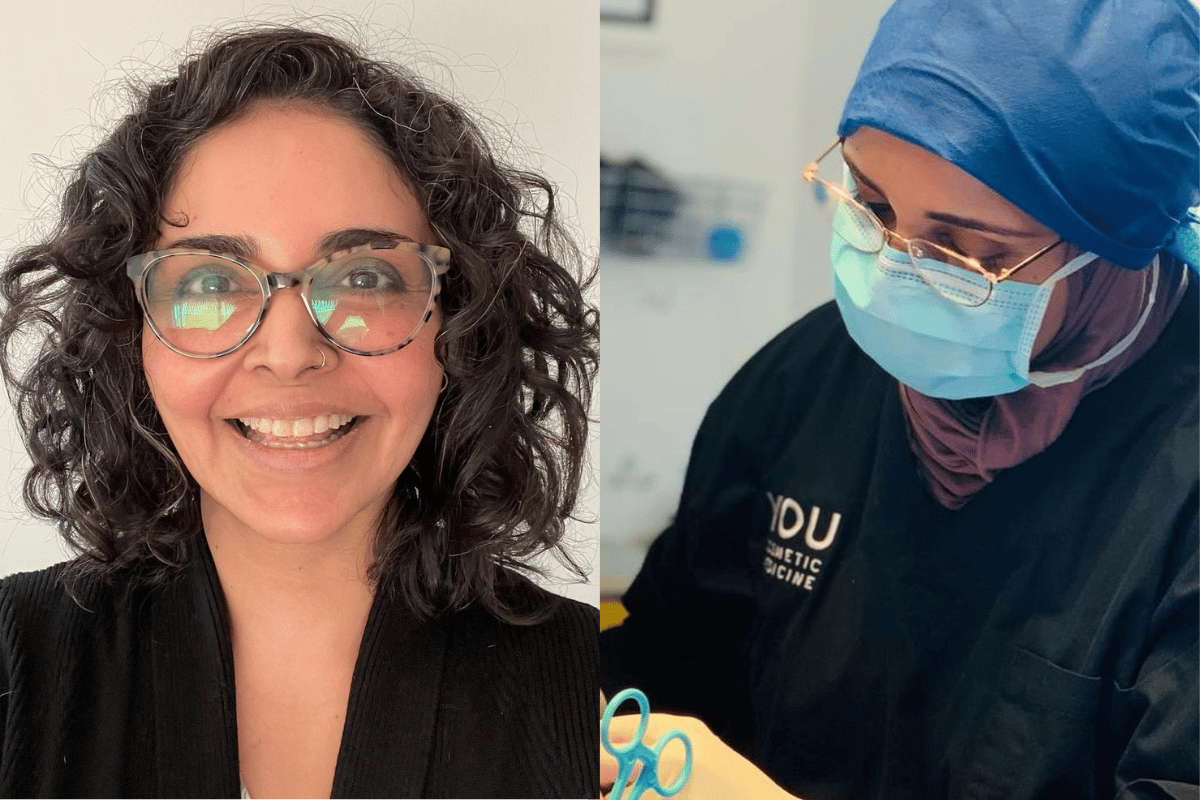
Skincare in your 50s can be scary. Loud. Confusing.
While each decade likes to throw about some big skin changes, our 50s is especially brutal. This is when our hormones like to go completely rogue and introduce all sorts of different changes to the appearance of our skin.
Everything becomes drier. More easily irritated. Duller. Tired.
And chances are, you don't have the slightest clue what you should be doing. Right? Well, you're not alone.
Watch: Here are 7 ways to improve your skin while sleeping. Post continues below.
So, you know what we did? We decided to ask women in their 50s, who are part of the You Beauty Facebook group (come join!), to tell us their most burning skincare questions.
We then submitted said questions to Dr Imaan Joshi from Skin Essentials and asked her if she could answer them.
Here, Dr Joshi shares the best skincare products and ingredients she recommends for those over the age of 50, along with some of her top tips for keeping your skin looking happy and healthy.
1. What's the biggest thing you need to know about skin over 50?
From 50 and beyond, Dr Joshi said it's all about trying to hang onto that precious collagen - because apparently it wants to do everything BUT stay in your skin.
Top Comments